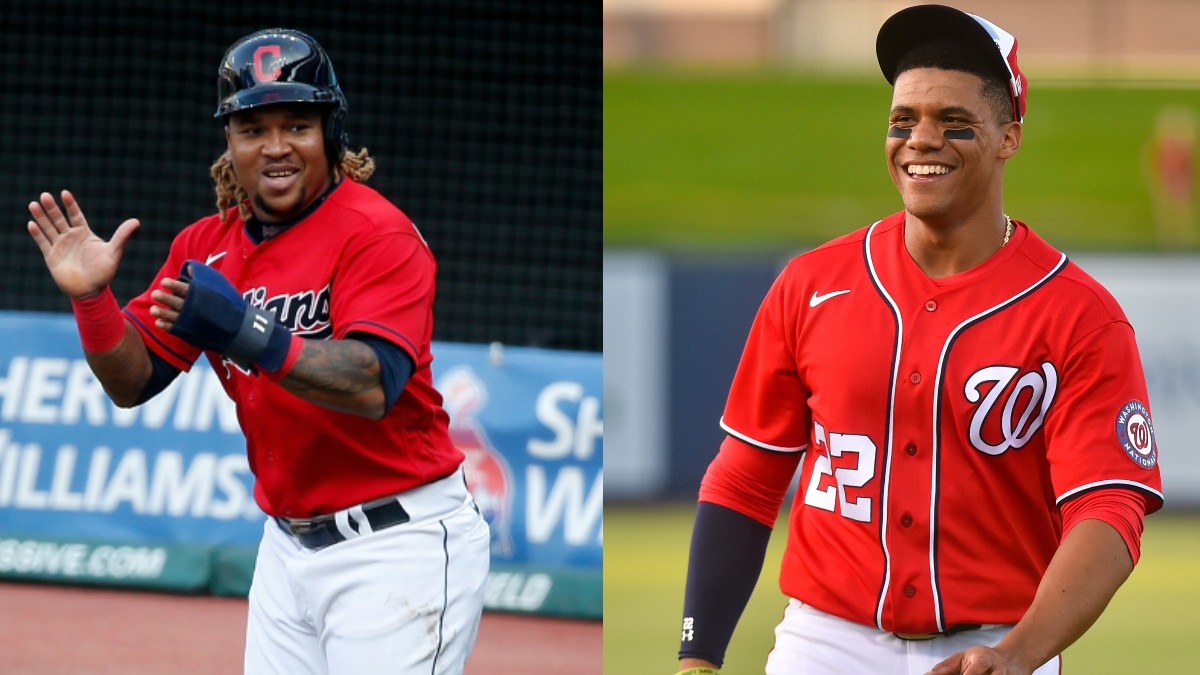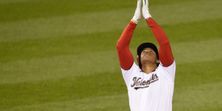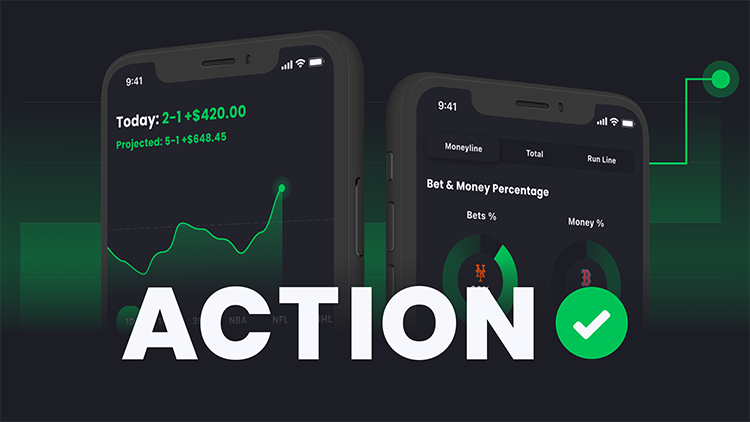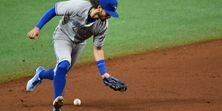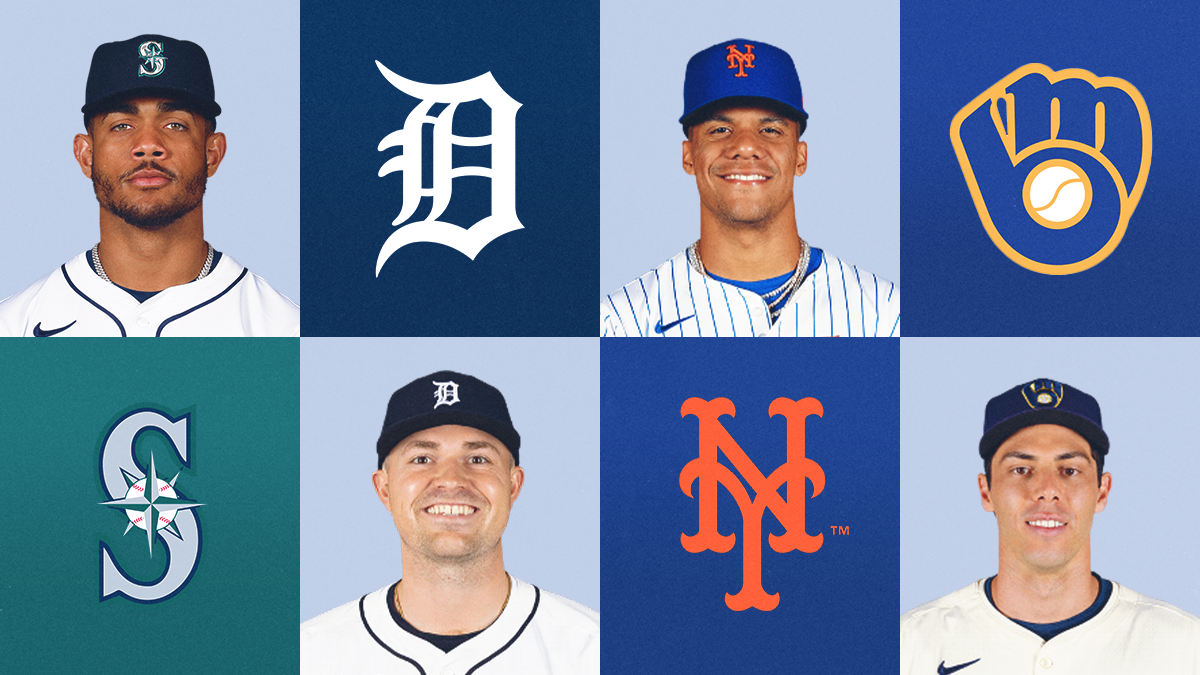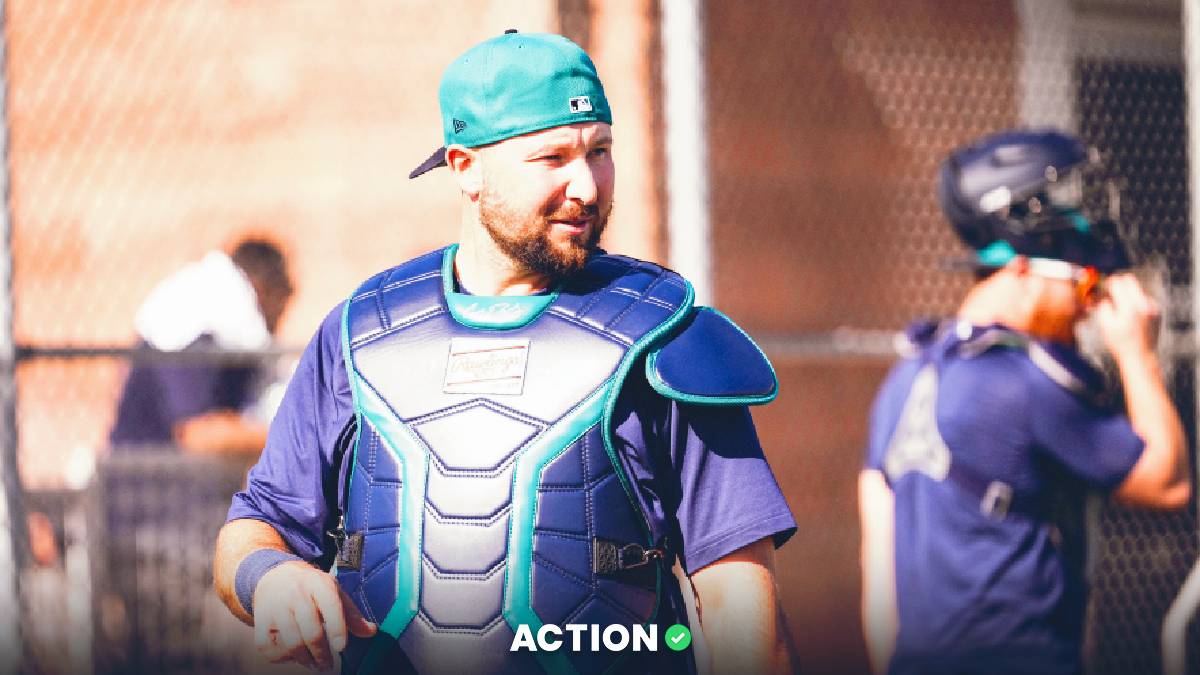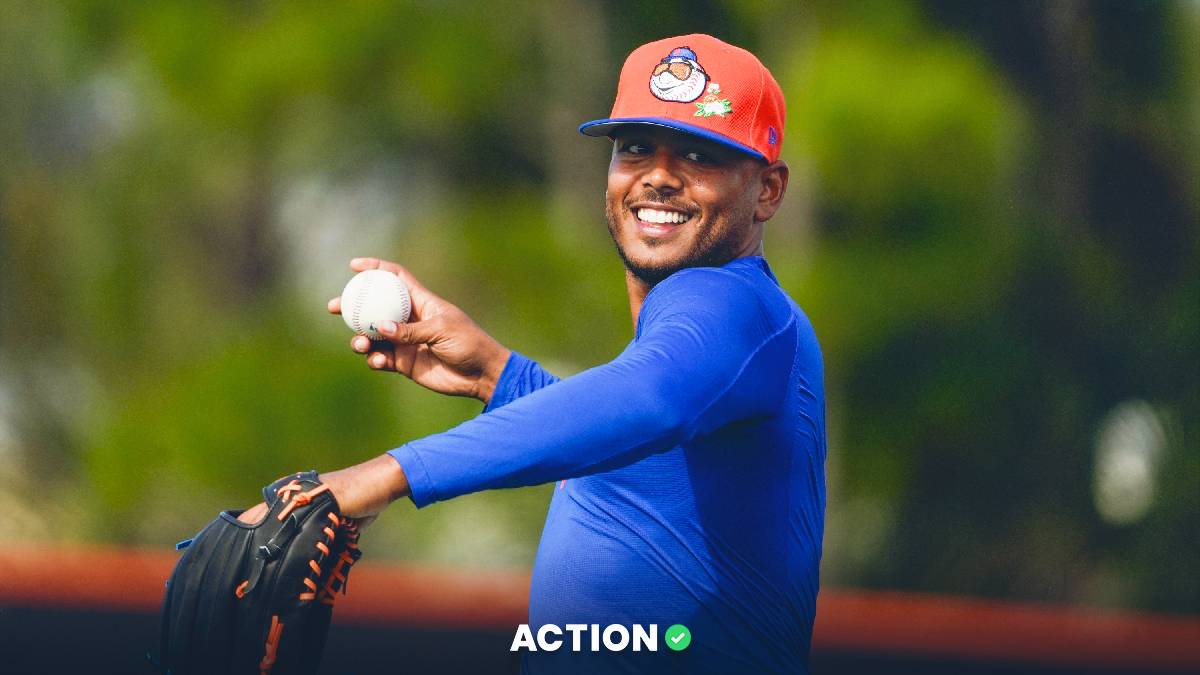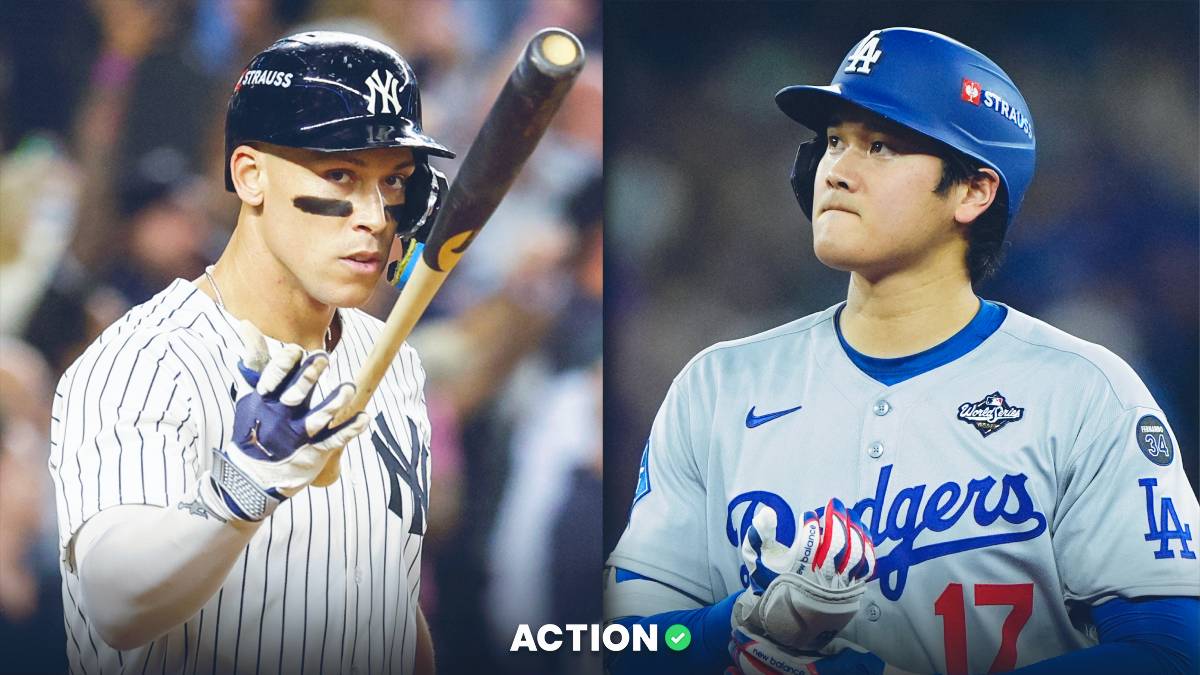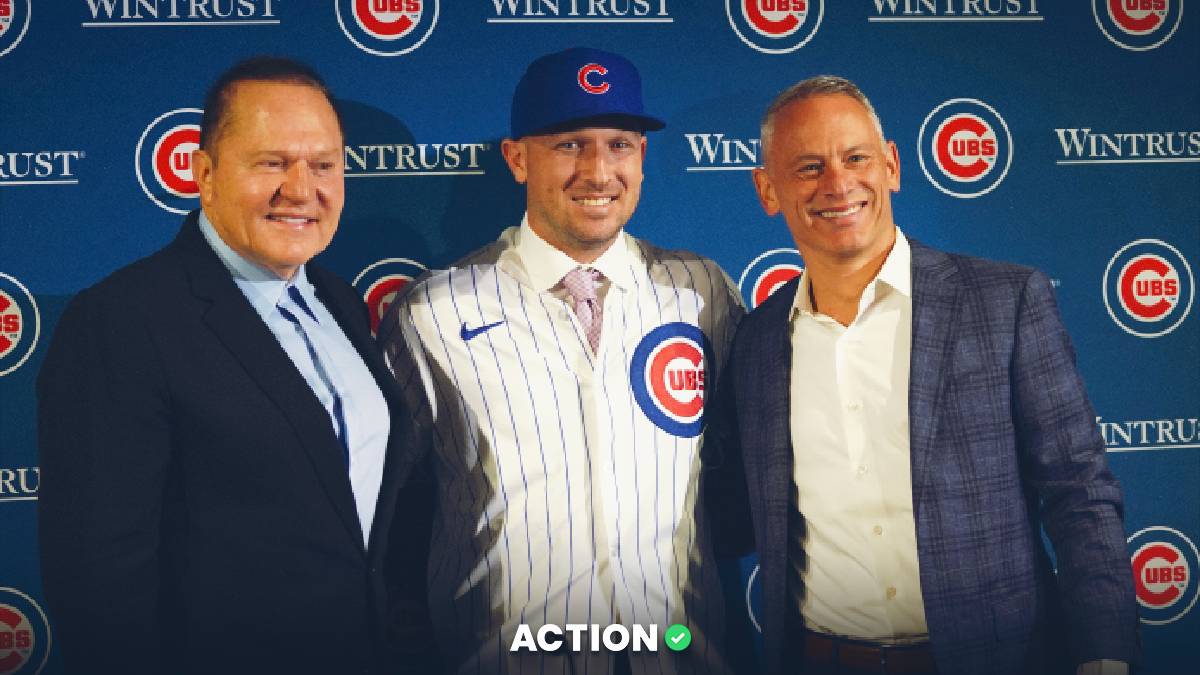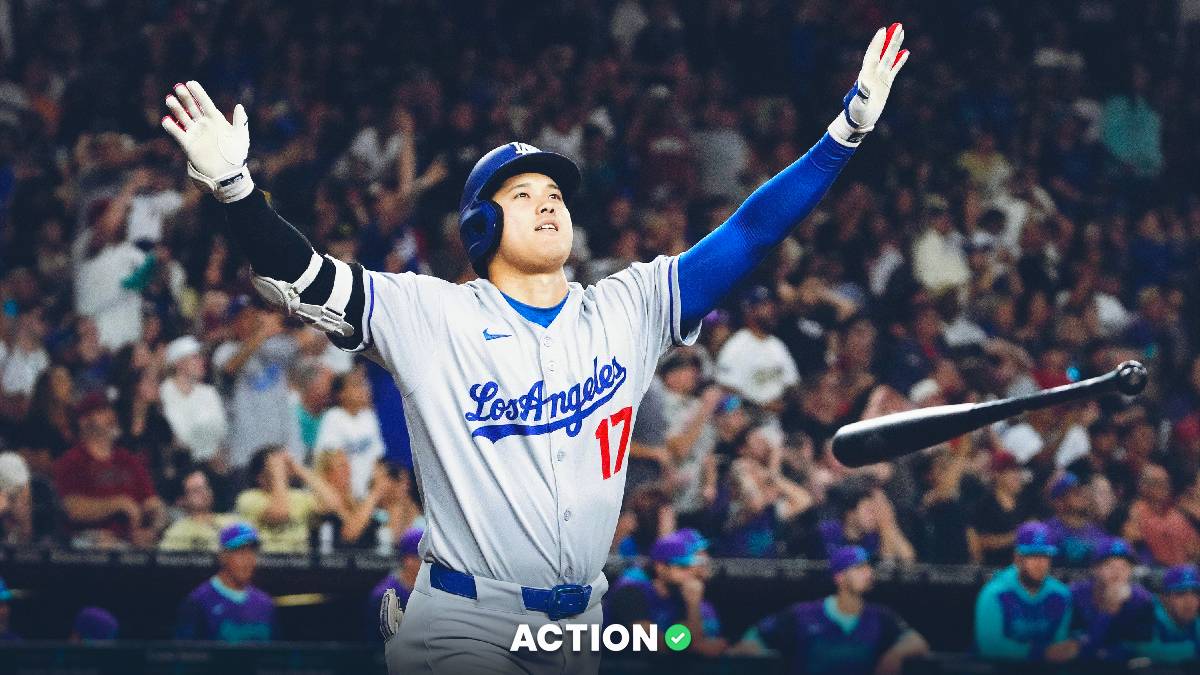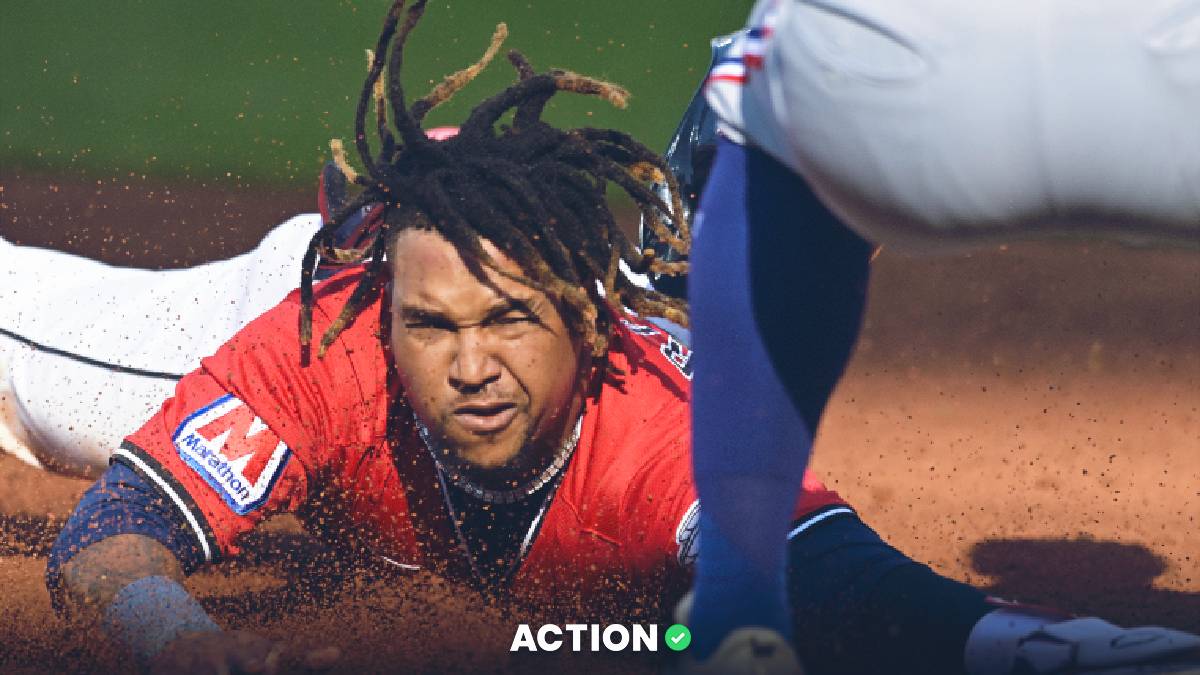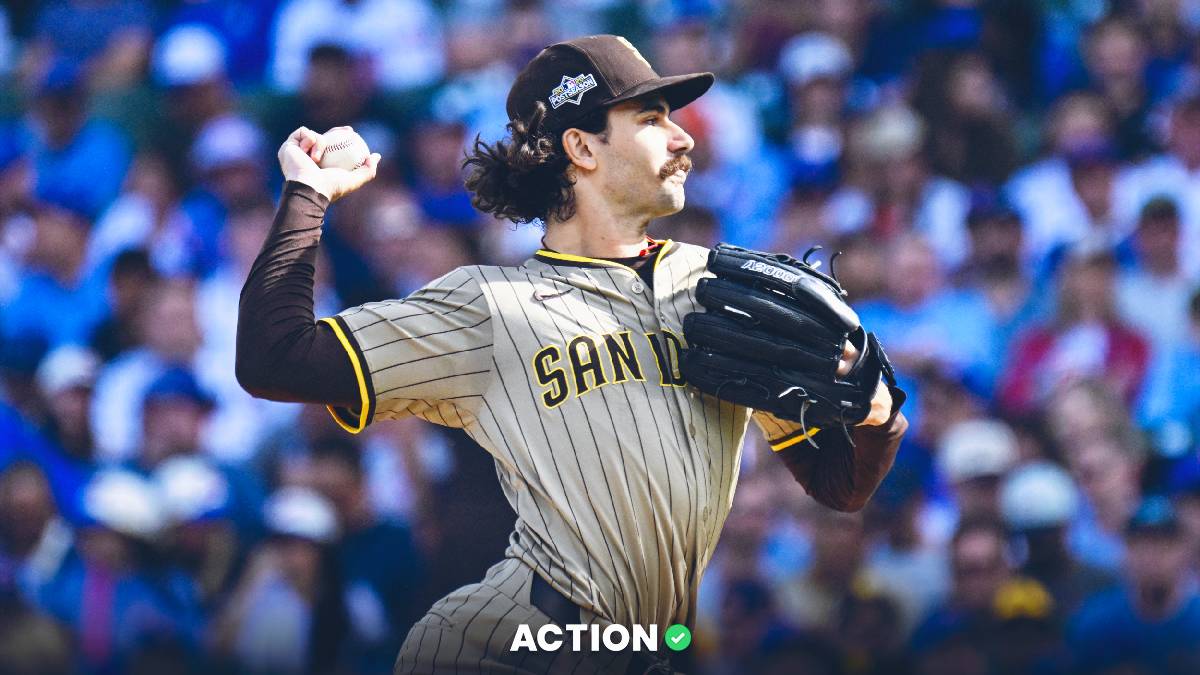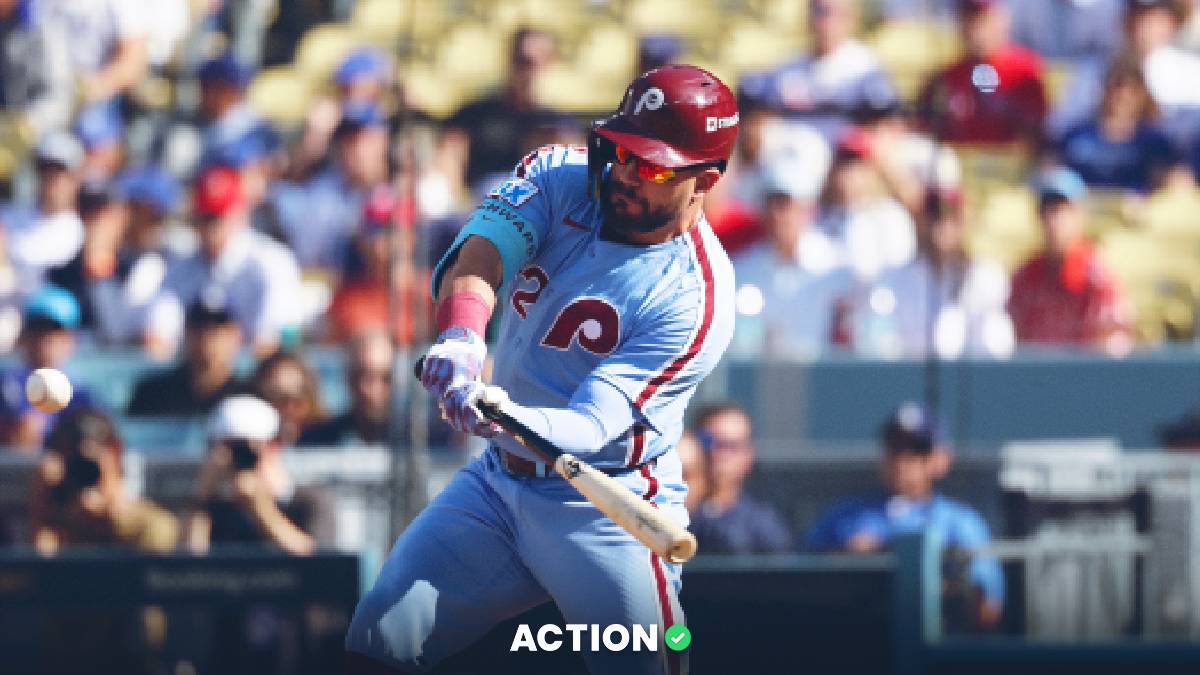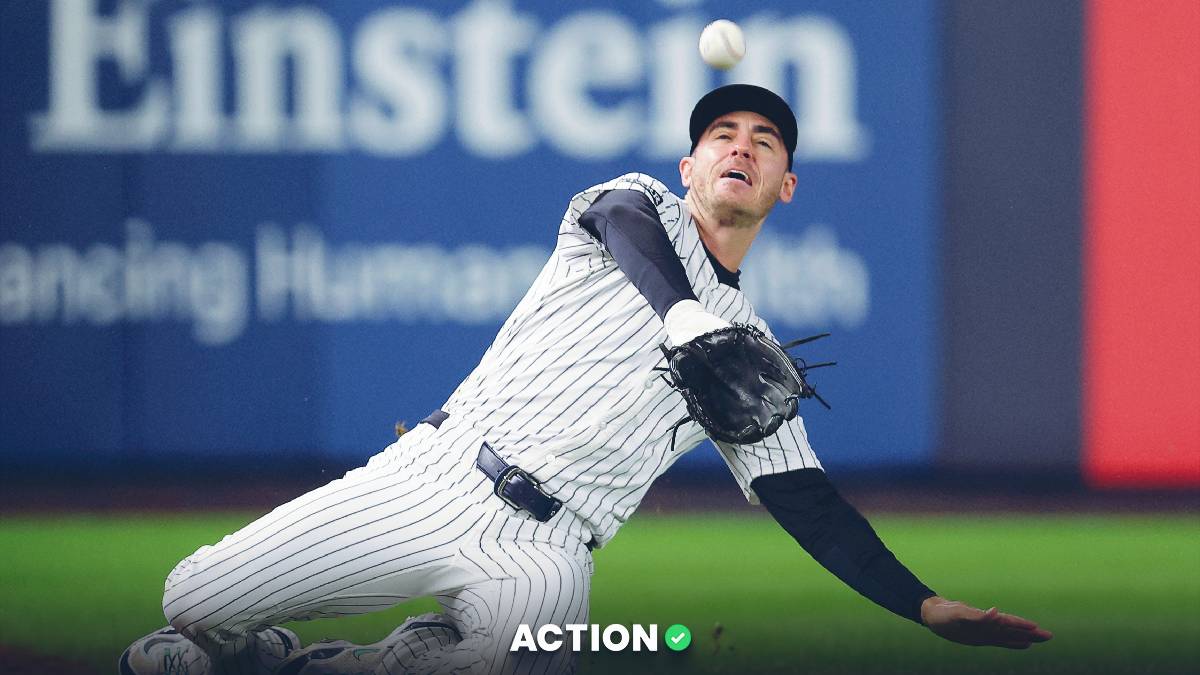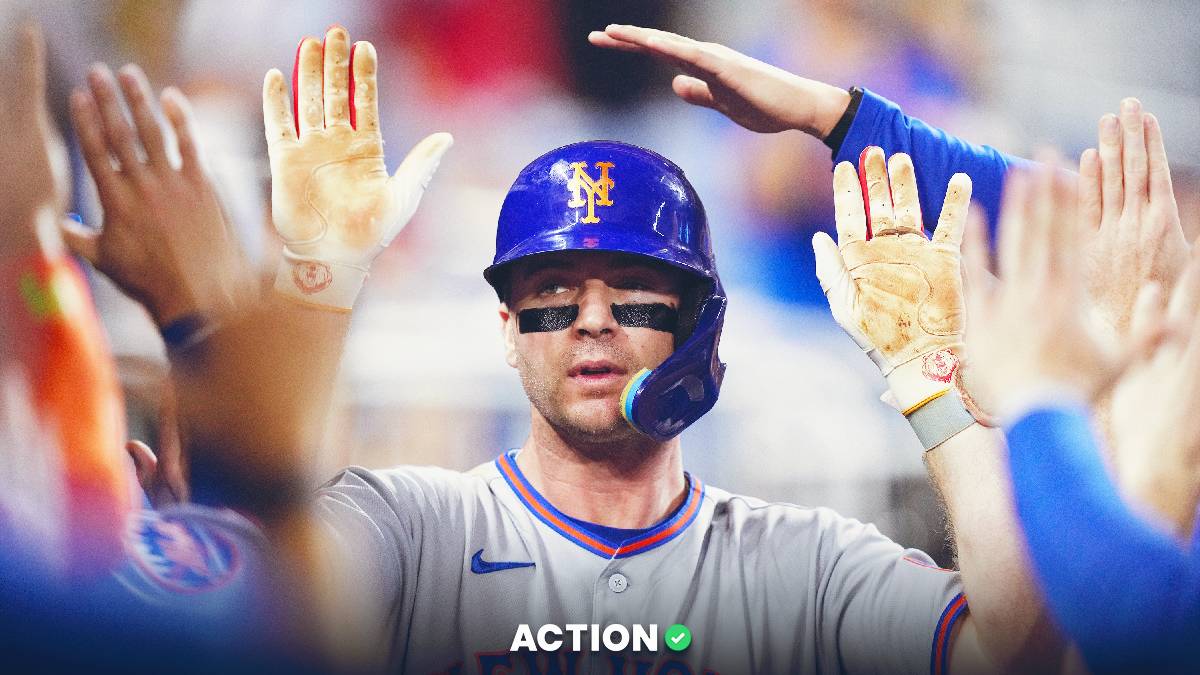If you're going to bet on MLB player awards, you should probably consider the criteria voters have relied upon to select previous winners.
Over the past two decades, voters have become increasingly reliant upon advanced metrics, like Wins Above Replacement (WAR), when making their MVP selections.
A 2019 study showed that "before the advent of WAR, there is no statistical evidence that defensive performance (defensive WAR or dWAR) improved one's MVP vote point count by any amount. … From 2004, improvements in dWAR were rewarded significantly in the MVP race … the creation of WAR has changed decision-making behavior."
Furthermore, a 2018 study found the following offensive statistics to be the most correlated to MVP winners:
- OPS ranking
- Batting Average ranking
- Team winning percentage
- RBI ranking
- HR ranking
- SB ranking
OPS has counted nearly double compared to every other category above.
In fact, every (offensive) MVP winner since 2001, except for Ichiro, has had an OPS of greater than .850, which helps to narrow our list of potential 2021 candidates.
This data also led to a few other thought experiments, which I attempted to answer in the following section, before providing my MVP selections and wagers for the 2021 season.
MVP Data Points
Distribution by Position
In the past 17 years, pitchers have won just two MVP trophies (only three in 31 years). Outfielders and corner infielders have won the award 76% of the time, including 11 of the 12 most recent recipients (Jose Altuve's 2017 award the only exception).
Therefore, I'm going to discount pitchers for purposes of betting these awards, and I would be hesitant to select catchers or middle infielders.
Distribution by WAR
While there has only been a slight change in the distribution of MVP winners by position, there is a significant trend regarding the correlation between the WAR leaderboard and MVPs.
In fact, 20 of the past 22 MVP winners have ranked in the top three in WAR in their respective league.
In the American League, each of the past eight MVPs has finished in the top three in WAR. In the National League, each of the last 13 MVPs has finished in the top three in WAR, 11 of whom were the league leader in the metric.
"30-30" and "40-40" Seasons
While ranking highly in steals and/or home runs indicates possible MVP winners, players haven't received extra credit for hitting statistical benchmarks in both categories.
There have been four "40-40" seasons in MLB history and only one of those players (Jose Canseco, 1988) won the MVP award. Alfonso Soriano finished sixth in 2006 AL MVP voting, Alex Rodriguez ranked ninth in 1999 in the AL and Barry Bonds finished fifth in 1996, although he had already won three NL MVP trophies and went on to win four more.
Aside from Soriano's 2006 campaign, there have been 23 additional "30-30" seasons since the turn of the century, and just two of those players (Mookie Betts in 2018 and Jimmy Rollins in 2007) captured an MVP trophy. Conversely, three "30-30" players (Soriano in 2005, Jose Cruz Jr. in 2001 and Preston Wilson in 2000) didn't receive a single MVP vote.
Among those 19 campaigns to have received MVP votes but didn't win the award, "30-30" players finished outside of the top 10 in MVP voting more often than not, with an average ranking of 10.4.
Making the Playoffs
It is possible to miss the playoffs and still win the MVP award, so long as the player is undeniable.
In fact, nine of the 42 MVP winners (21.4%) since the year 2000 failed to make the postseason:
- Barry Bonds (2001 & 2004)
- Alex Rodriguez (2003)
- Ryan Howard (2006)
- Albert Pujols (2008)
- Bryce Harper (2015)
- Mike Trout (2016 & 2019)
- Giancarlo Stanton (2017)
Those players' teams averaged exactly 81 wins over those nine campaigns, with four of the nine teams finishing below .500, including each of the past three non-playoff-bound MVPs.
In 2003, it was considered controversial when Alex Rodriguez took home the award on a last-place, 71-win Rangers team. Less than two decades later, that narrative would be de-emphasized.
Teammates Stealing Votes
Since 2000, the closest teammate in MVP voting, relative to the actual MVP winners, ranked 10.8 on average.
Over the same period, just one pair of teammates (Jeff Kent and Barry Bonds, 2001) secured the top-two spots in their league's MVP vote. Three additional pairs of teammates (Seattle in 2001, Boston in 2008, and Milwaukee in 2011) finished in the top three in MVP voting.
Teammates of MVP winners only failed to receive votes six times, and in each case it was when the MVP winner's team failed to make the playoffs.
Since 2000, four MVP winners have finished with multiple teammates ranked in the top 10 of voting (Alex Rodriguez in 2005, Justin Morneau in 2006, Jimmy Rollins in 2007 and Miguel Cabrera in 2012)
Likewise, there have been four additional instances (Boston in 2003, St. Louis in 2004, the New York Yankees in 2009 and Houston in 2019) of multiple teammates finishing in the top 10 of MVP voting, without any of them winning the award.
As a result, while it certainly doesn't help to have other teammates who are candidates for the award, it doesn't necessarily hurt, either.
The closest example I could find was Alex Bregman's 2019 campaign, where he finished with 80% of the vote share, compared to 85% for Mike Trout, whose team also missed the playoffs. If one of George Springer (seventh), Gerrit Cole (10th) or Justin Verlander (11th) had a lesser season, perhaps Bregman would have gotten more credit and denied Trout his third MVP award.
American League
By my own player projections, along with WAR projections from FanGraphs, here is how the competition stacks up in the junior circuit:
You might be surprised to see a few names missing from this list, including 2020 winner José Abreu (projected for 1.8 WAR in 2021) and two-way star Shohei Ohtani (projected for 2.4 WAR combined), as well as some middle infielders projected to finish top-10 in WAR in Carlos Correa (4.6), Xander Bogaerts (4.2), Bo Bichette (4.1) and D.J. LeMahieu (4.1). There are also others like Yordan Alvarez (3.6) or several Chicago White Sox.
I had to make cuts somewhere. While each represents a viable MVP candidate at the higher end of their 2021 projections, all pose potential roadblocks to winning the award, particularly regarding their teammates or position on the diamond.
Even if Alvarez is the best hitter in baseball this season, it has become virtually impossible for a designated hitter to win the award, with the increased emphasis on defensive metrics in recent seasons.
Furthermore, players like Bichette or Vladimir Guerrero Jr. will have trouble overcoming the narrative of a new superstar teammate like George Springer, whose signing will likely be viewed as adding more value — all things being equal — than improvements by either of those young players.
And the White Sox have four hitters, not including Abreu, who are each projected to finish with greater than 3 WAR. Are any of them likely to separate themselves enough from that pack to overcome Trout?
Until Trout declines and/or unless he gets injured, this is apparently his award to lose.
The only knock I can make against the three-time MVP is defense. I don't think Trout should be in center field anymore, particularly given the configuration of Angel Stadium and the construct of their rotation. The metrics back that up.
Based upon the data points from the list at the top of this section, the only players who come close to Trout in terms of multi-category production are his teammate, Anthony Rendon, the maligned Bregman and last season's AL MVP runner-up, José Ramírez.
You can bet Bregman win the award at +1400 at the Westgate, and I think that's an interesting flyer, but I can't see a preponderance of baseball writers rewarding these Astros players so soon after the cheating scandal, so long as they have an equivalent option.
Ultimately, I landed on Ramírez (+1400 at William Hill) as my AL MVP pick, and I would bet that down to +1200.
The Cleveland third baseman was in a lull at the start of the 2019 campaign (.652 OPS through the All-Star break) but righted himself shortly after.
Over his most recent 102 games, which includes the second half of his 2019 season, and all of 2020, Ramírez has the second-highest wOBA in all of MLB (.426), behind Nelson Cruz (.436) and ahead of Juan Soto (.425), with the following stat line: .307/.377/.664 (1.041 OPS), 33 home runs and 16 stolen bases, or a pace of 52 homers and 25 steals.
His WAR (6.1) ranks third over the same span, and he might have pulled ahead of Mookie Betts (6.2) and Anthony Rendon (6.4) if he had been able to avoid a freak hand injury near the end of the 2019 season.
Moreover, unlike the other top candidates on this list, Ramírez is essentially on an island relative to his offensive teammates. If Cleveland is in the wild-card hunt this season, it will be due to both their pitching and Ramírez's bat. In that case, Shane Bieber is much more likely to garner MVP votes than Franmil Reyes, for instance.
National League
By my own player projections, along with WAR projections from FanGraphs, here is how the competition stacks up in the senior circuit:
Players like Nolan Arenado and Francisco Lindor will garner a lot of attention on the narrative front, but neither really projects to hit the acceptable OPS benchmarks outlined in the introduction to this piece (more than .850).
Ultimately, I will not waste too much time here going through the other candidates because I thought I selected the correct candidate in 2020. I intend to keep betting on Soto until he wins the award.
Soto finished fifth in MVP voting last season but essentially lost the award on Opening Day when he was ruled out due to COVID-19 protocols and ultimately missed 13 games.
Otherwise, Soto was the best hitter in baseball last season (.478 wOBA, 201 wRC+). With 13 additional games, he might have been able to close the gap in counting stats on Freddie Freeman (.456 wOBA, 187 wRC+), MLB's second-best hitter and the eventual NL MVP.
Heading into 2021, I could argue that Soto is already a better hitter than Trout. Not going to be better, but, is already better. At a minimum, it's probably closer than you realize:
The combination of Soto's plate discipline and his batted ball metrics bested every hitter during the 2020 season, and most 2021 projections — whether you prefer my own composition, Ariel Cohen's ATC system, Derek Carty's The Bat X system, Fangraphs' Depth Charts system, DRC+ from Baseball Prospectus, or Runs Created per 27 outs from Bill James — shows these two studs on par, at minimum, with a slight edge to Soto.
Moreover, there is a significant drop-off from Soto and Trout down to the rest of the competition.
The 22-year-old possesses a rare combination of elite power and plate discipline, which has led to a lofty comparison to Ted Williams. Scouts, managers and coaches who have worked with or watched one or both or Williams and Soto have drawn the comparison themselves.
And there are metrics to back it up. Through age 21, Soto and Williams are the only two players with:
- A walk rate greater than 15%
- A home run plus walk rate greater than 20%
- A wRC+ greater than 150
- A season with more walks than strikeouts, where they also led the league in on-base percentage
I only have two concerns about betting Soto. The first, like Trout, is his defense. Soto was actually an above-average defender in 2019 but regressed last season (-2 OAA, -8 DRS). Given his age and tools, he seems more likely to regress toward average once again, rather than continuing to perform as a significantly below-average defender.
Secondly, I'm concerned about his team's quality and whether the Nationals can make the playoffs. Pretty much every top contender in the National League, except for Bryce Harper and Soto, are expected to make the playoffs or have a solid chance of doing so this season. The two NL East players I mentioned, whose teams are projected to finish third and fourth in a tough division, both have a relatively difficult path to the playoffs.
As we determined in the sections above, Soto can obviously still capture the award if he is undeniably the NL's best player. And according to projections, that should be the case over the course of 162 games.
If there is one hill that I'm willing to die on this year, it's that I expect the baseball world to be talking about Soto — and not Trout — as the best hitter on the planet heading into next season.
This isn't the only prop category where I'll be putting my money behind Childish Bambino, but it is the one that I'm betting most aggressively.
You can bet Soto at +850 to win the NL MVP at William Hill. I would play him down to +750 and continue to bet this every season until he takes home the hardware.
I expect people to take a similar approach with both Ronald Acuña Jr. and Fernando Tatis Jr., but Soto strikes out half as often as those two young stars, leading to significantly more variance in both of their offensive profiles.
And if there is ever a team where players might project to steal votes from one another, the 2021 Dodgers might find their way into next season's sample.
The Bets
- AL MVP: José Ramírez (+1400, 0.5 units) at William Hill (play to +1200)
- NL MVP: Juan Soto (+850, 1 unit) at William Hill (play to +750)


